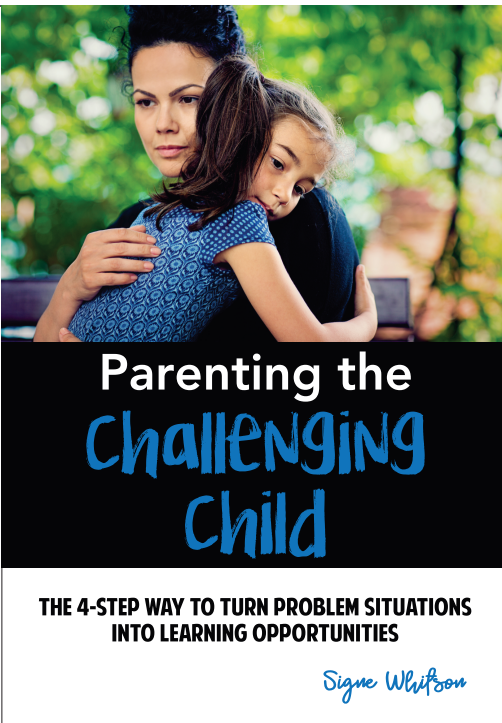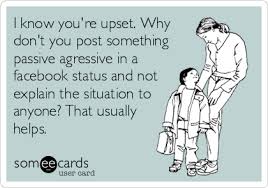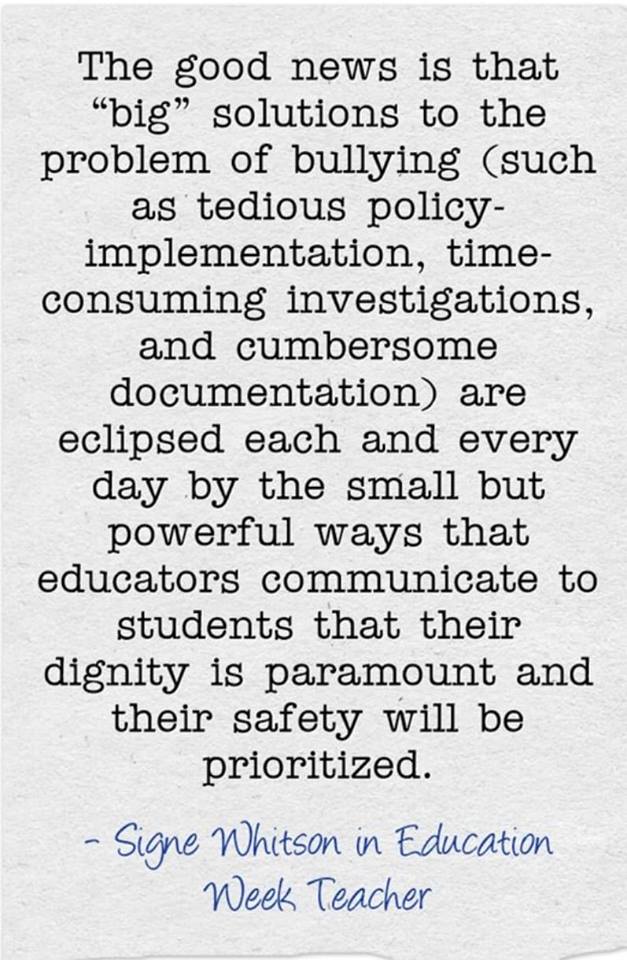Archive for February, 2019
What Parents & Caregivers Need to Know About Apps, Games, and Screen Time
0As a follow up to a Coffee with the Counselor event at Swain this week, here are several links that parents and caregivers may find helpful as they are learning about and helping their kids navigate top apps, social media sites, age-inappropriate content and video games:
The Truth About Research on Screentime
Heavy Screentime Rewires Young Brains for Better and Worse
Electronic Screen Syndrome: An Unrecognized Disorder
17 Apps & Websites Kids are Heading to After Facebook
15 Dangerous Apps Every Parent Should Know About
The 12 Apps that Every Parent of a Teen Should Know About
6 Teen “Hookup” Apps Parents Should Know About
Fortnite Game Review from Common Sense Media
What Parents Need to Know About Fortnite
Talking to Your 8-12 Year Old About Pornography
Why Banning Social Media is Not the Best Answer for Kids
Information on Workshops for Students: https://signewhitson.com/workshop-and-speaking/friendship-other-weapons-group-activities-to-help-young-girls-cope-with-bullying/
What Difference Does Quality Time Make?
0 The importance of positive relationships in a young person’s life can never be overstated. Through warm, supportive, and trusting relationships with adults—from parents and caregivers to teachers and coaches—kids gain the inner strength they need to overcome problems and to bounce back from life’s challenges. What’s more, caring, consistent relationships offer the structure and support kids need to make lasting changes in their behavior. When a child perceives that the adults in his life are truly invested in his well-being and interested in his experiences, he is more willing to talk about what is going on in his life and more likely to be open to adult feedback.
The importance of positive relationships in a young person’s life can never be overstated. Through warm, supportive, and trusting relationships with adults—from parents and caregivers to teachers and coaches—kids gain the inner strength they need to overcome problems and to bounce back from life’s challenges. What’s more, caring, consistent relationships offer the structure and support kids need to make lasting changes in their behavior. When a child perceives that the adults in his life are truly invested in his well-being and interested in his experiences, he is more willing to talk about what is going on in his life and more likely to be open to adult feedback.
The good news when it comes to nurturing positive relationships with young people, is that the most meaningful connections adults make with kids are usually based on the simplest of gestures. A proud smile, a word of reassurance, a bit of your undivided attention, a thoughtful response, an opportunity to practice a new skill, a hug just when it is needed most; all of these supportive behaviors are at once free and priceless. Each of them communicates to a young person that they have worth and value. Every kindness builds the relationship between the adult and child.
If building positive relationships between adults and kids is so fundamentally simple, why do so many young people feel alienated, isolated and alone?
Please check out the full post here, on Psychology Today.
https://www.psychologytoday.com/us/blog/passive-aggressive-diaries/201812/what-difference-does-quality-time-make
Check out Signe’s newest book, Parenting the Challenging Child, due out on or about March 1. Pre-order today!
How to Respond to Passive Aggressive Emails
0A few months ago, Business Insider reporter, Rachel Premack, asked me to provide tips for how to respond to commonly used passive-aggressive phrases used in workplace emails. While the phrases she sites, from a survey done by Adobe, can sometimes be typed without passive-aggressive intent, it is helpful to be aware of certain red-flag phrases that may signal hidden agendas, simmering resentments, and sugarcoated hostility.
Please check out my full response, posted here on Psychology Today.
LSCI Certification Training: Aug 5-8, 2019
0It may be snowing outside of my window, but I am looking ahead to summer and happy to announce an LSCI training opportunity in August in eastern Pennsylvania:
——
LSCI Certification Training
DATES: August 5-8, 2019
LOCATION: The Swain School, 1100 S. 24th St., Allentown, PA 18103
COSTS: $495/pp before July 15, 2019; $525/pp between July 16-31, 2019
REGISTRATION CLOSES on AUGUST 1, 2019
——
To register, click here or cut and paste the link below:
ONLINE REGISTRATION FORM: https://goo.gl/forms/AUkyJdUTJqG2pFrm2
——
NEW BOOK RELEASE: Parenting the Challenging Child
0The LSCI Institute is extremely excited to announce that after more than three decades of helping professionals work with some of the most challenging children, we now bring our brain-based, trauma-informed, kid-centered approach to the unique needs of parents and caregivers.
with some of the most challenging children, we now bring our brain-based, trauma-informed, kid-centered approach to the unique needs of parents and caregivers.
Parenting the Challenging Child: The 4-Step Way to Turn Problem Situations Into Learning Opportunities provides readers with:
* Specific skills for building more positive relationships with kids
* Proven strategies for de-escalating stressful situations
* A reliable 4-step framework for turning common problem situations into lasting learning opportunities
This solution-focused book equips readers with new skills to identify and change six problematic patterns of behavior in young people. Even more importantly, readers will learn about how simple changes in the way they interact with loved ones during a problem situation can significantly improve the parent-child relationship and their kids’ future behaviors.
TRAINING AVAILABLE
In addition to the Parenting the Challenging Child textbook (now available for pre-order at a reduced rate), the LSCI Institute will offer both a 2-hour and a full-day training option. Biological parents and caregivers, foster care & adoptive parents, and professionals working in therapeutic foster care and adoption services will all benefit from these live training opportunities offered by certified LSCI Senior Trainers.
Click here to learn more.
PARENTING THE CHALLENGING CHILD: THE 4-STEP WAY TO TURN PROBLEM SITUATIONS INTO LEARNING OPPORTUNITIES IS SCHEDULED TO BE PUBLISHED ON MARCH 1. 2019. FOR ADDITIONAL INFORMATION OR TO ORDER BULK COPIES, PLEASE EMAIL signewhitson@lsci.org today!
Celebrate Kindness Week Activities
0One of the most effective ways to prevent bullying in schools is to build school culture through positive activities focused on Kindness.
And soooooooo, we are CELEBRATING KINDNESS this week school-wide! With spirited, silly dress days, a door decorating contest, and other simple but meaningful activities to help keep kids’ minds on kindness all week long, our goal is to show all students that little acts of kindness can make a big difference for others.
Here’s some of the fun we’re having on Day 1, where our CRAZY FOR KINDNESS theme of the day means crazy socks and/or crazy hair!











